Experiencing frequent crashes with Mozilla Firefox on your Windows 11 PC can be frustrating. Whether the browser closes unexpectedly or freezes during use, these issues can disrupt your workflow and browsing experience. Fortunately, there are several steps you can take to resolve these problems and get Firefox running smoothly again.
1. Update Firefox to the Latest Version
Running an outdated version of Firefox can lead to compatibility issues and crashes. Updating ensures you have the latest fixes and improvements.
Step 1: Open Firefox on your computer.
Step 2: Click on the menu button (three horizontal lines) in the top-right corner.

Step 3: Select Help from the dropdown menu, then click on About Firefox.

Step 4: A new window will open. Firefox will automatically check for updates and download them if available.

Step 5: Once the update is downloaded, click on Restart to Update Firefox to complete the installation.
2. Disable Problematic Extensions and Add-ons
Extensions and add-ons can sometimes cause Firefox to crash, especially if they're outdated or incompatible.
Step 1: Open Firefox and click on the menu button.

Step 2: Select Add-ons and themes from the menu.

Step 3: In the left sidebar, click on Extensions.

Step 4: Review the list of installed extensions. Click the toggle switch next to each extension to disable it.

Step 5: Restart Firefox and monitor for crashes.
Enable your extensions one at a time, restarting Firefox after each, to identify any that might be causing the issue.
3. Clear Firefox Cache and Cookies
A corrupted cache or cookies can lead to browser instability and crashes.
Step 1: Click on the menu button and select History.

Step 2: Click on Clear Recent History.

Step 3: In the dialog box, set the Time range to clear to Everything.

Step 4: Expand the details by clicking the arrow next to Details, ensure that Cache and Cookies are selected, then click Clear Now.
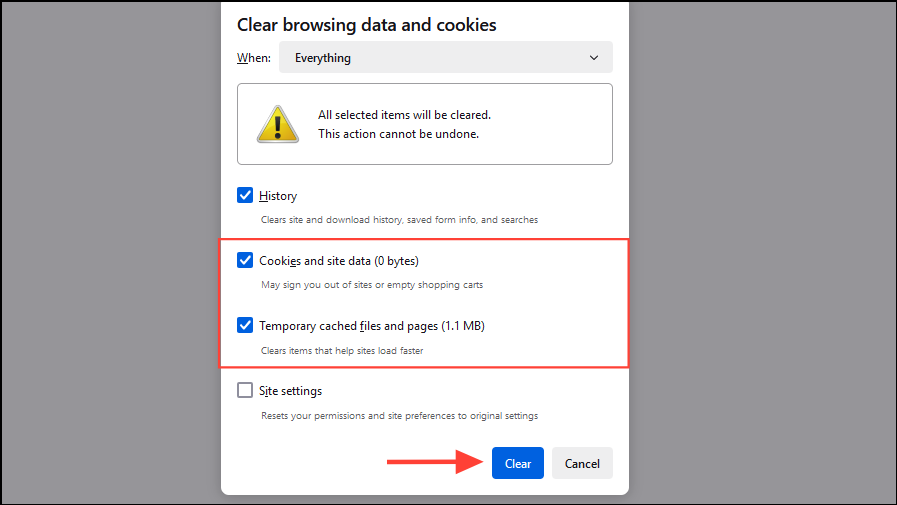
Step 5: Restart Firefox to apply the changes.
4. Disable Hardware Acceleration
Hardware acceleration can improve performance but may cause crashes on certain systems.
Step 1: Open Firefox and click on the menu button.

Step 2: Select Settings from the menu.

Step 3: Scroll down to the Performance section.
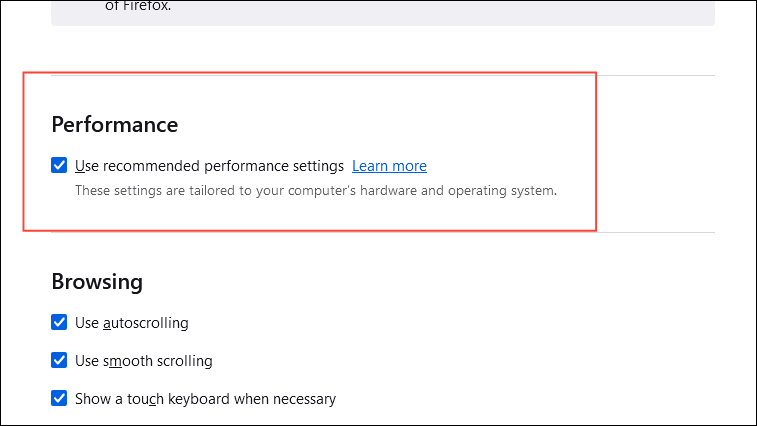
Step 4: Uncheck Use recommended performance settings. Additional options will appear.
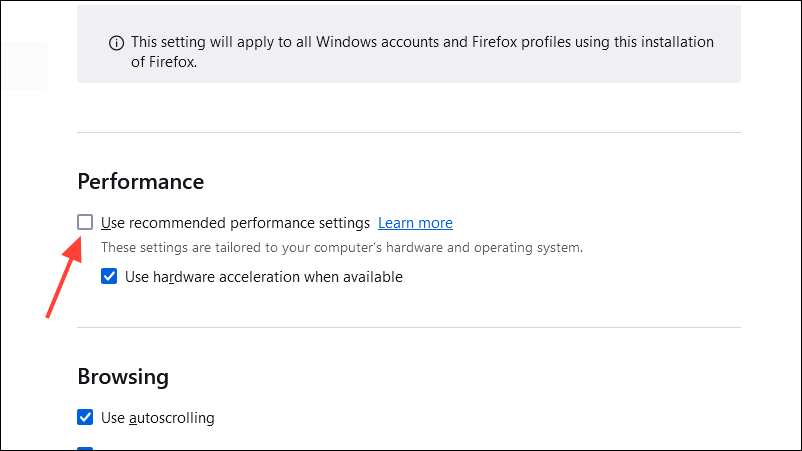
Step 5: Uncheck Use hardware acceleration when available.
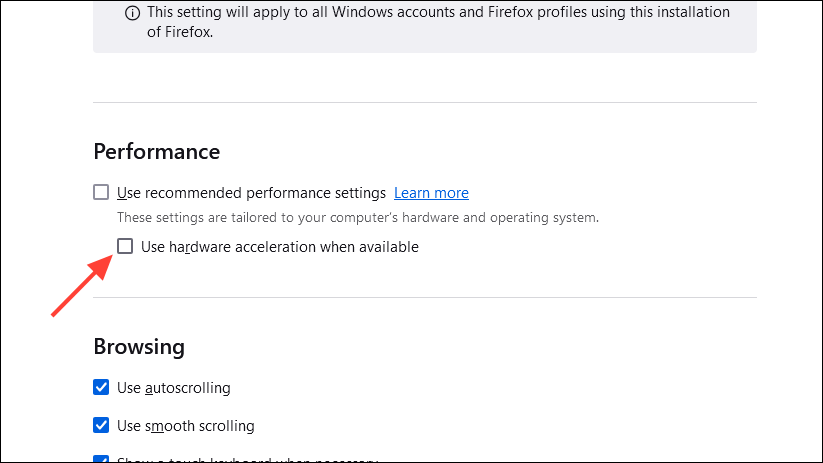
Step 6: Close and restart Firefox to see if the issue persists.
5. Update Graphics Card Drivers
Outdated graphics drivers can cause rendering issues leading to crashes.
Step 1: Press Windows Key + X and choose Device Manager from the list.
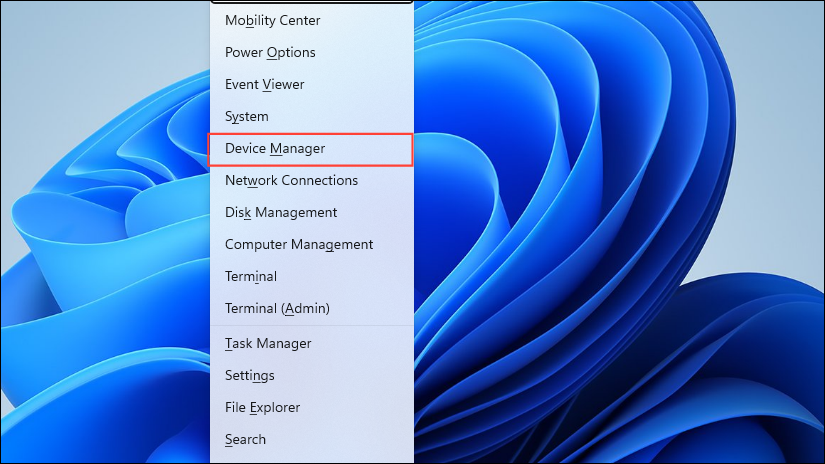
Step 2: Expand the Display adapters section.
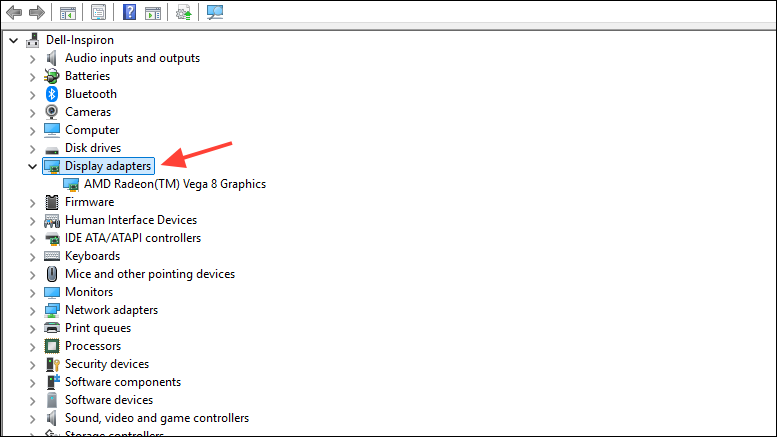
Step 3: Right-click on your graphics card and select Update driver.
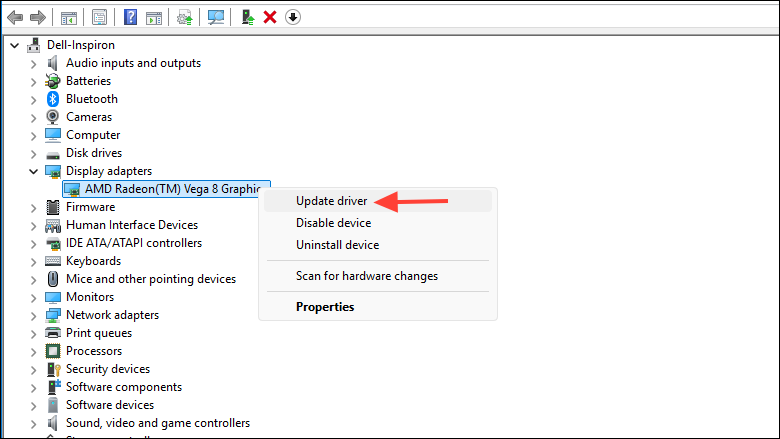
Step 4: Choose Search automatically for drivers. Windows will search for and install any available updates.
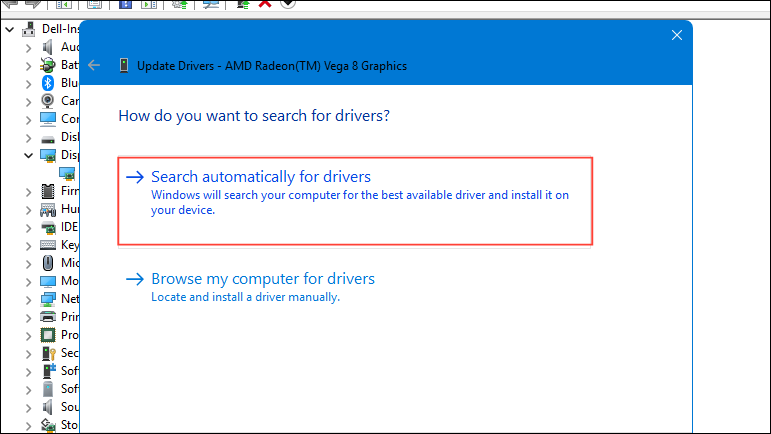
Step 5: Restart your computer after the update is complete.
6. Scan for Malware
Malware and viruses can interfere with browser operations, causing crashes.
Step 1: Open Windows Security by searching for it in the Start menu.
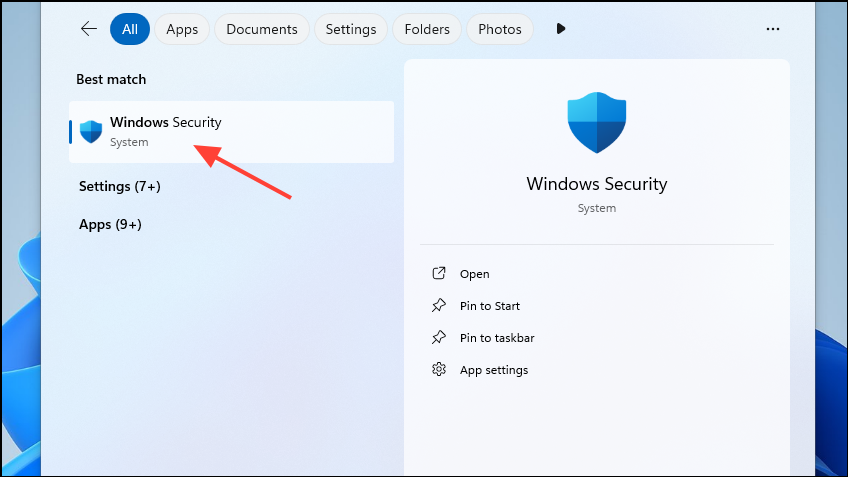
Step 2: Click on Virus & threat protection. If you have a third-party antivirus installed, you can open it from here.
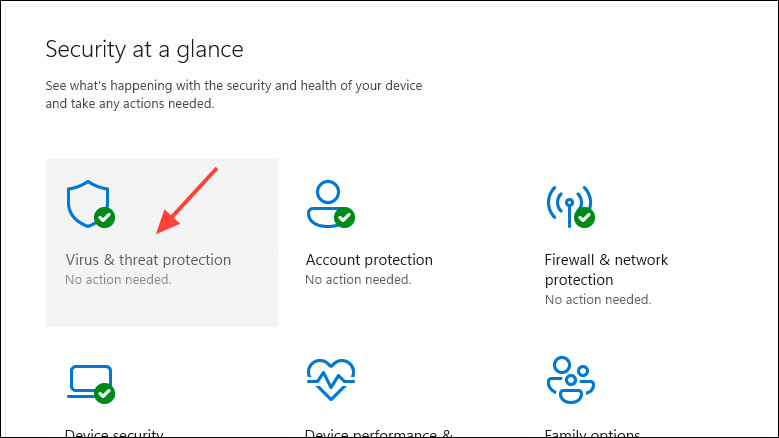
Step 3: Click on Scan options, select Full scan or any similar option, and click Scan now.

Step 4: Wait for the scan to complete and follow any prompts to remove detected threats.
Step 5: Restart your computer and launch Firefox to check for crashes.
7. Refresh Firefox
Refreshing Firefox restores it to its default state while saving essential information.
Step 1: Click on the menu button and select Help.
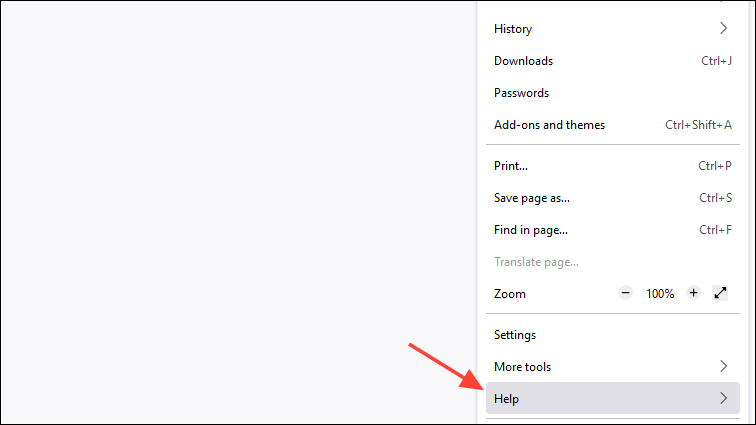
Step 2: Choose More troubleshooting information.
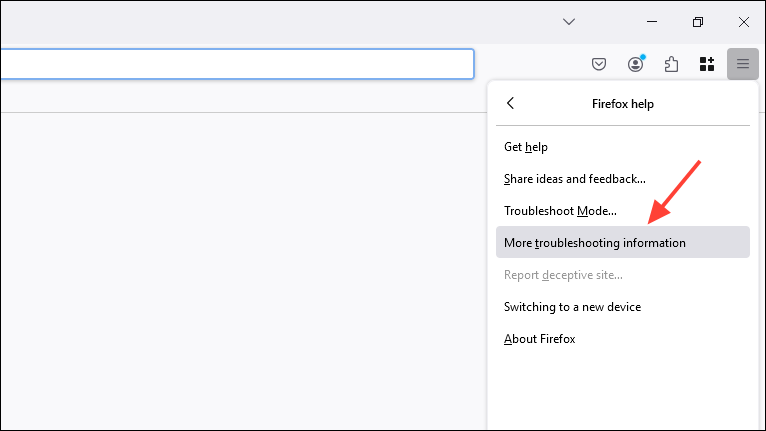
Step 3: Click on Refresh Firefox... on the upper-right side of the page.
Step 4: Confirm by clicking Refresh Firefox in the prompt.
Step 5: Firefox will restart with default settings. Check if the crashing issue is resolved.
8. Check for Windows Updates
Keeping Windows up to date ensures compatibility and stability with all applications.
Step 1: Press Windows Key + I to open Settings.
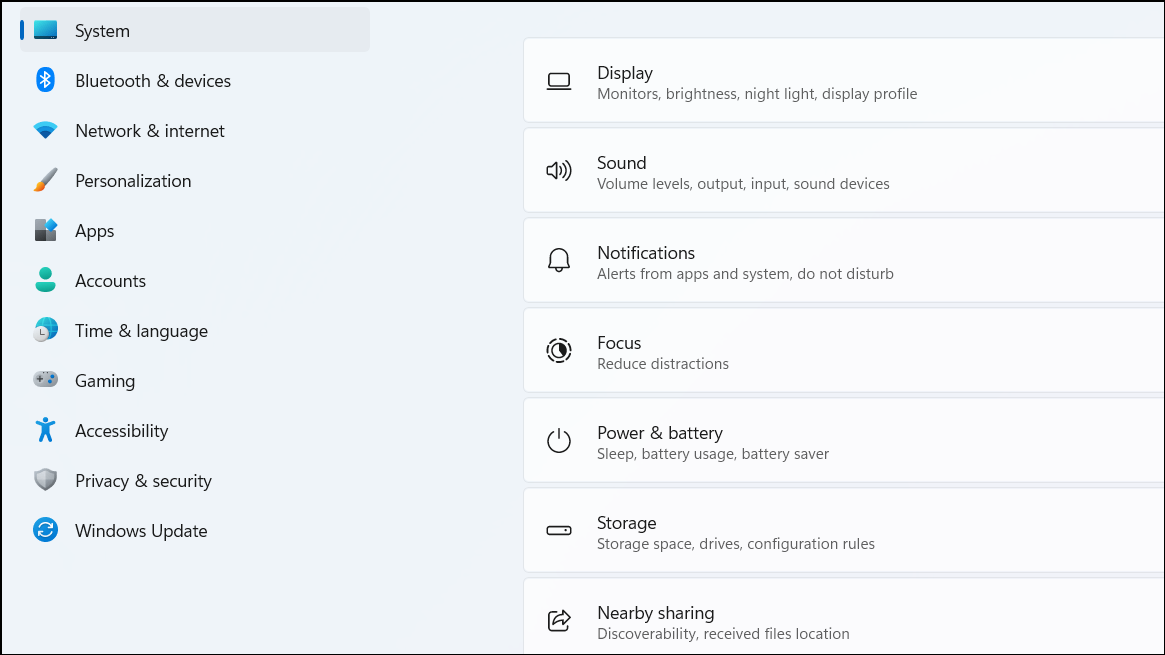
Step 2: Click on Windows Update in the left sidebar.
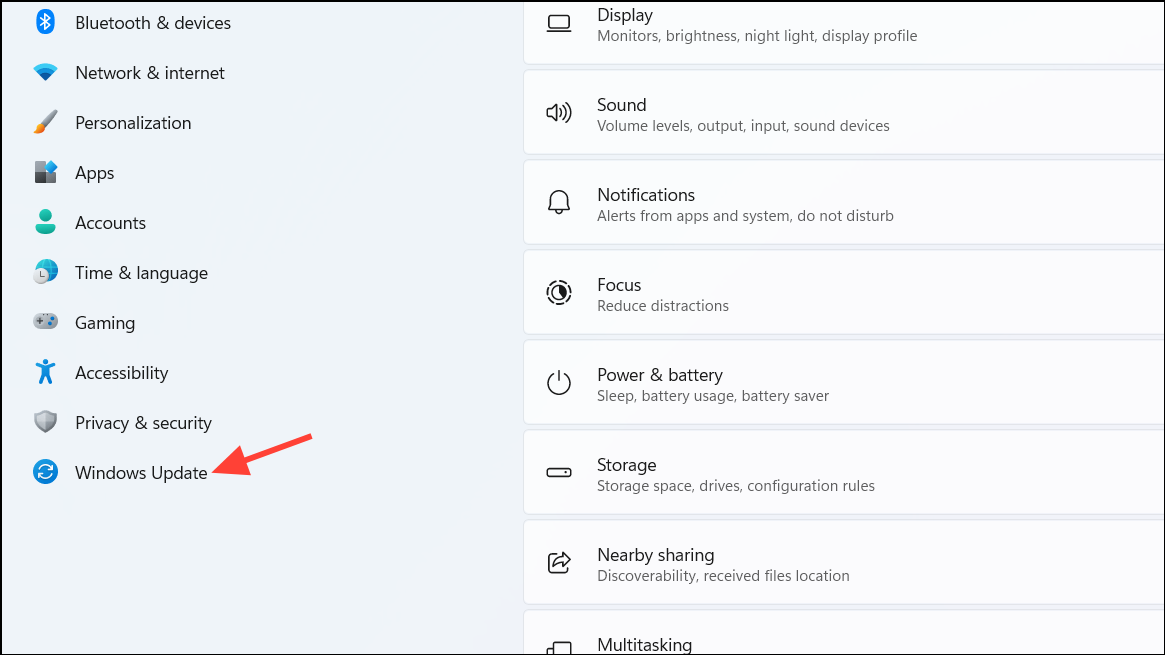
Step 3: Click on Check for updates.
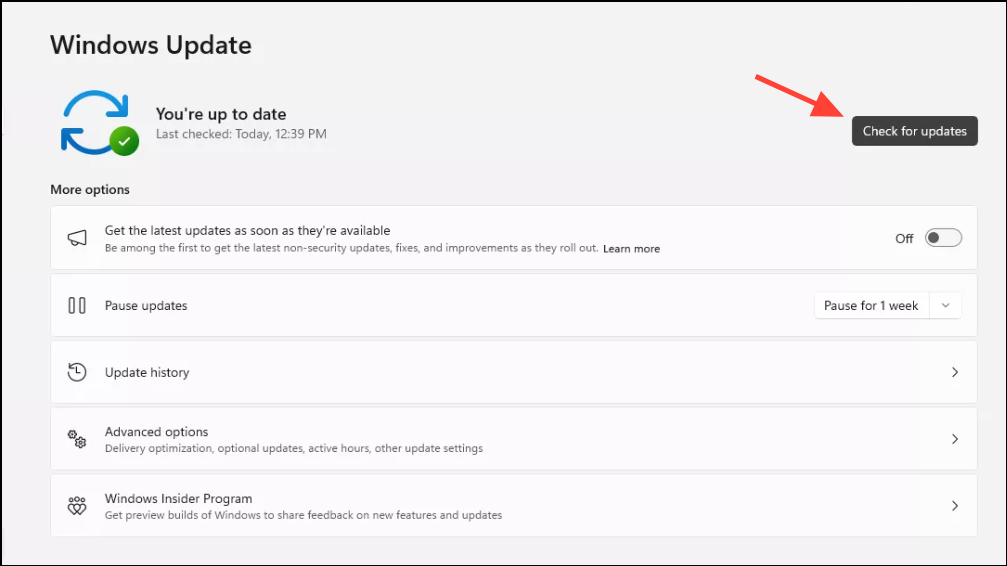
Step 4: If updates are available, click Download and install.
Step 5: After installation, restart your computer.
9. Create a New Firefox Profile
A corrupted user profile can cause crashes. Creating a new one may resolve the issue.
Step 1: Close Firefox completely.
Step 2: Press Windows Key + R, type firefox.exe -P, and press Enter to open the Firefox Profile Manager.
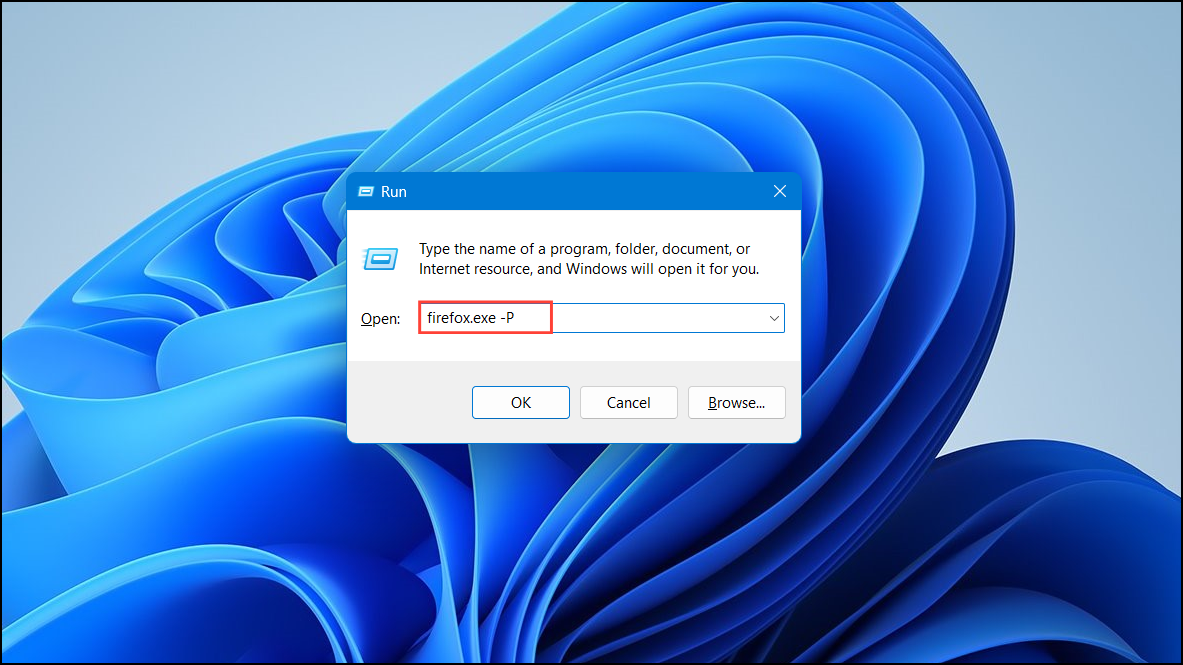
Step 3: Click on Create Profile... and follow the wizard to set up a new profile.
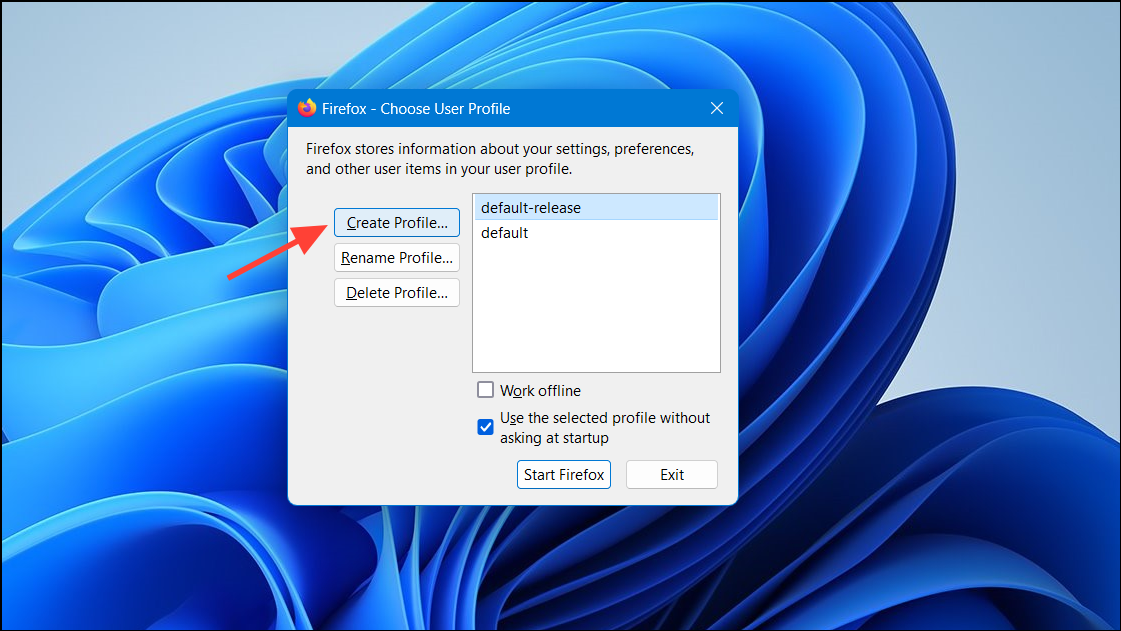
Step 4: Select the new profile and click Start Firefox.
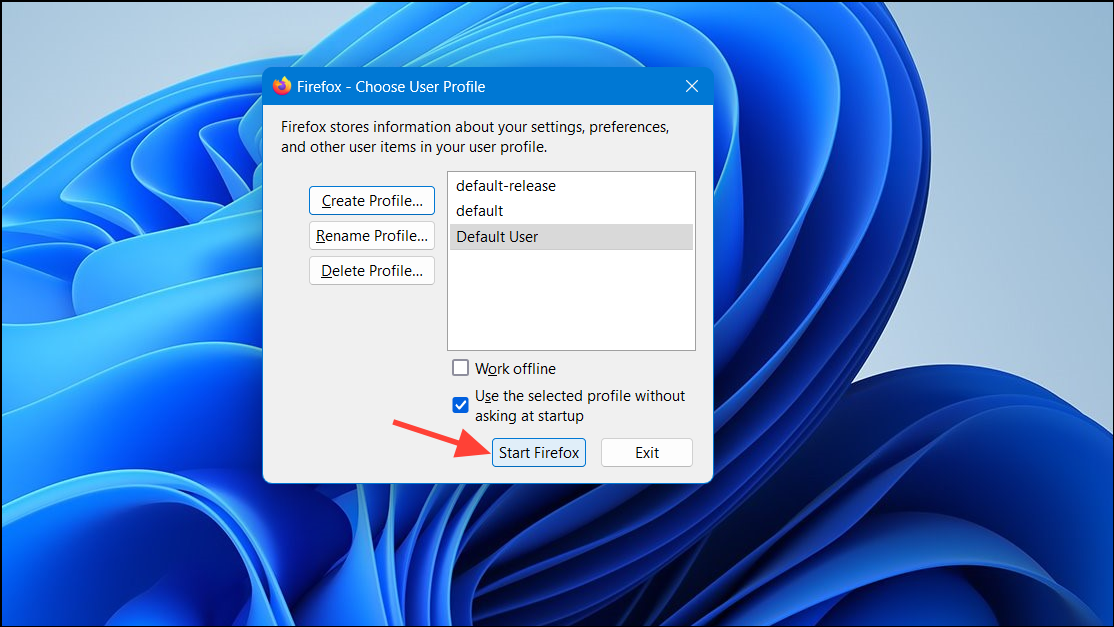
Step 5: Use Firefox to see if the crashes continue.
10. Reinstall Firefox
Reinstalling can fix issues caused by corrupted program files.
Step 1: Press Windows Key + I to open Settings, then click on Apps.
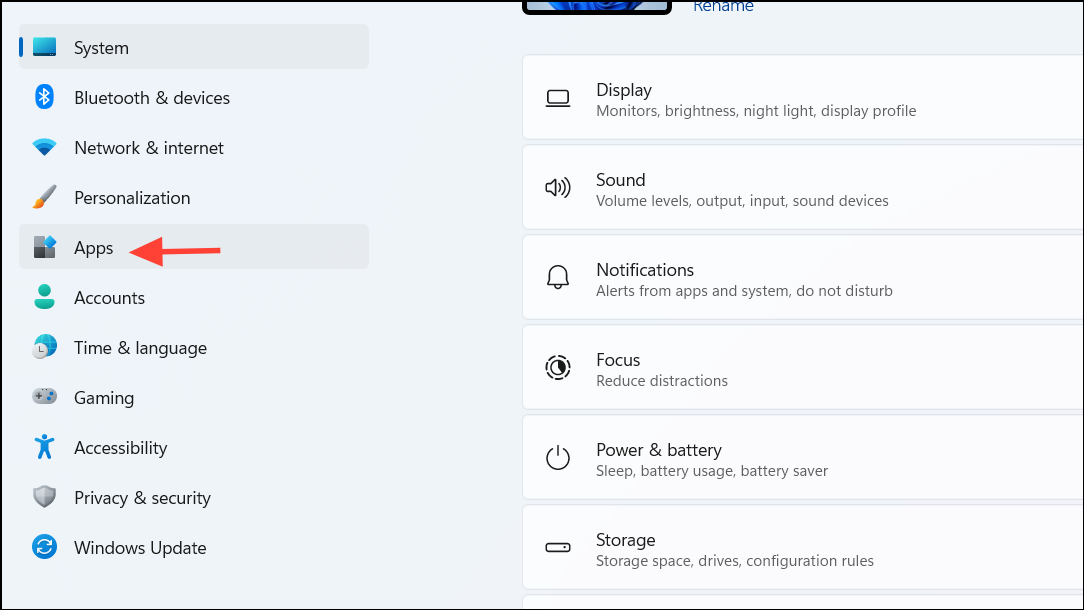
Step 2: In the Apps & features section, locate Mozilla Firefox.
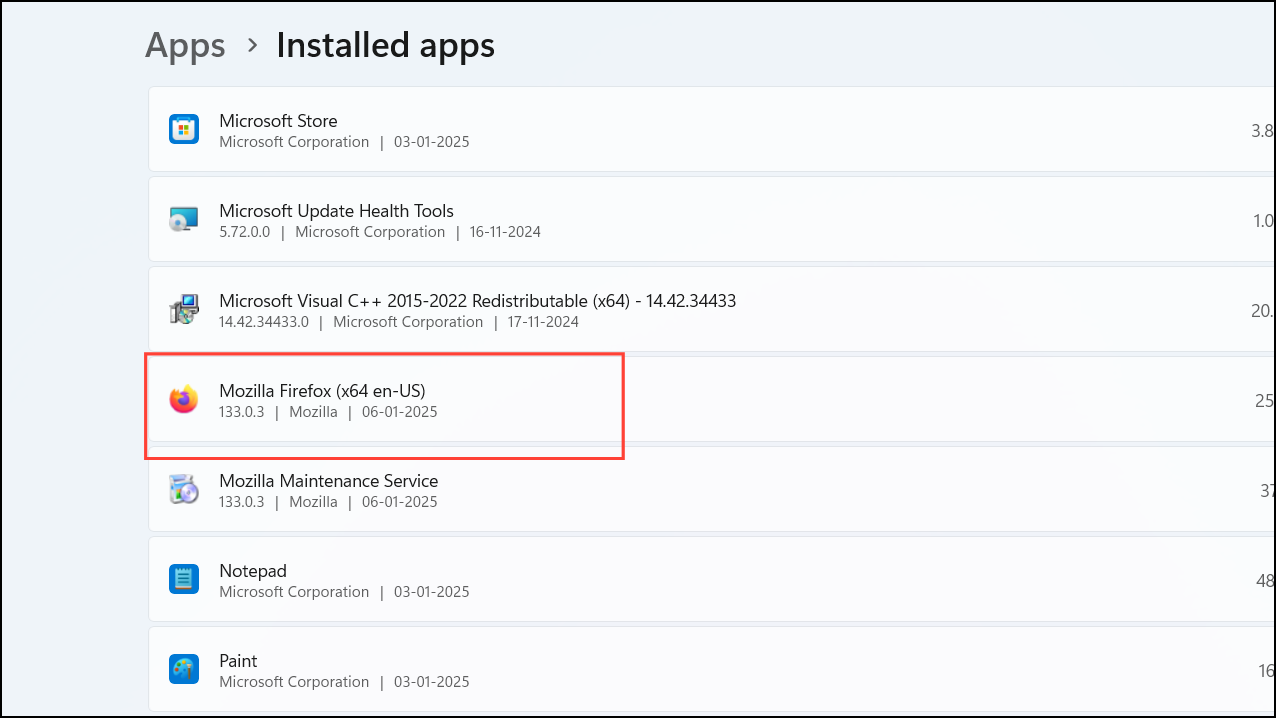
Step 3: Click on the three-dot menu next to Firefox and select Uninstall, then confirm.
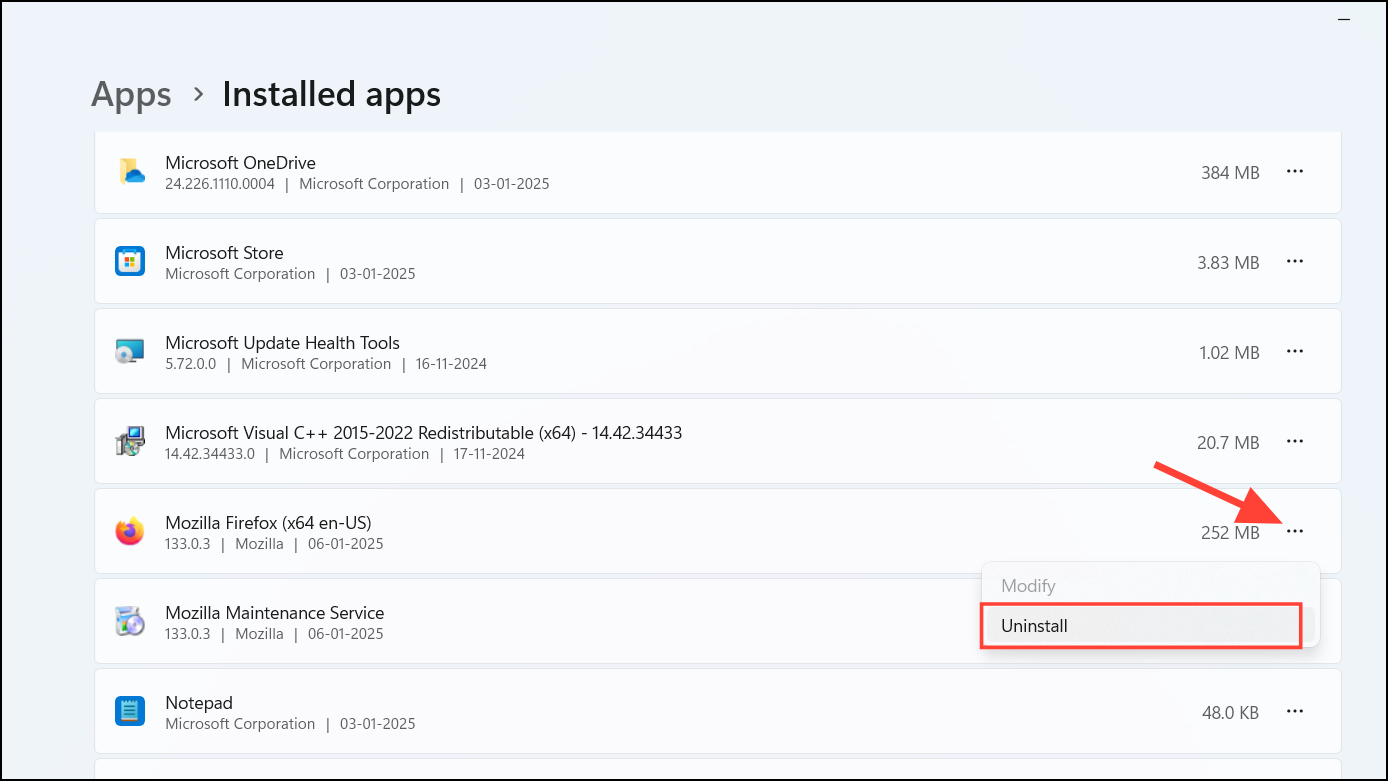
Step 4: Download the latest Firefox installer from the official website.

Step 5: Run the installer and follow the prompts to install Firefox.
Step 6: Launch Firefox and check if the issue is resolved.
By applying these solutions, you can address the crashing issues with Firefox on your Windows 11 PC. Regular maintenance, such as updating software and scanning for malware, can help keep your browser and system running smoothly. Enjoy uninterrupted browsing with your refreshed Firefox experience!


